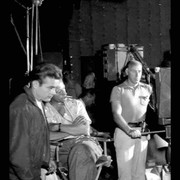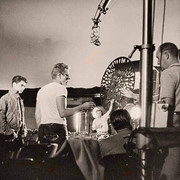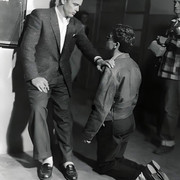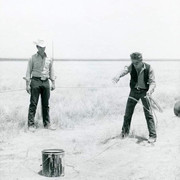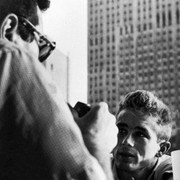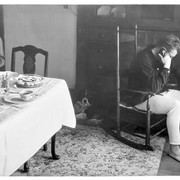| Главная » Статьи » КНИГИ » Рональд Мартинетти |
A MYTH - SHATTERING BIOGRAFY of an ICON by RONALD MARTINETTI | |
A MYTH - SHATTERING BIOGRAFY of an ICON by RONALD MARTINETTI Introducing Источник: http://www.blacklistedjournalist.com/1ronm.html [With the following introduction, we begin a from-time-to-time serialization of THE JAMES DEAN STORY, A Myth-Shattering Biography of an Icon, by Ronald Martinetti, a former book columnist for Newsday. A Birch Lane Press Book, this work was published in 1995 by Carol Publishing Group and is reprinted here with the permission of the author] James Dean was little more than a boy when he died, killed at twenty-four on the highway near Paso Robles, California, on September 30, 1955, while on his way to a sports car meet. At the time of his death, Dean had completed three movies, East Of Eden, Rebel Without a Cause, and Giant, only the first of which had been released. Dean was already an actor of promise, and his death was front-page news. It was the Eisenhower era---a time of peace and prosperity---when young people were expected to respect their elders and obey the rules. But even during his short life, Dean was widely known as a non-conformists rebel who had taken Hollywood by storm and who did as he pleased. For young people coming of age, Dean was someone they could easily identify with: an outsider, a loner---he was the antithesis of everything a well-behaved youth was supposed to be. His screen portrayals symbolized the rebelliousness of adolescence. In public he was often rude, even surly. A fan magazine quoted him as saying: "I wouldn't like me, if I had to be around me. "He had been known to fight with directors and storm off the set. "Jimmy knew what young people were up against," an admirer once said. "He understood." Later, some one else referred to him as "the first student activist." From the day of his death, it seemed that young people would not let Dean die. A special fan mail agency had to deal with the deluge of mail that poured into the studio. Many of the letters were addressed to the dead star. A record, His Name Was Dean, put out on a small label, sold twenty-five thousand copies in a single week. Mattson's, a Hollywood clothing shop, received hundreds of orders for red jackets identical to the one Dean had worn in Rebel Without a Cause, and Griffith Park, where scenes from the movie were shot, became almost overnight a tourist attraction. Admirers lined up inside the Observatory, hoping to sit in the same seat Dean had used in the film. "It's like Valentino," a reporter told Henry Ginsberg, the coproducer of Giant, Dean's last movie, referring to the craze that had swept the nation after the Italian actor's death in the 1920s. Ginsberg disagreed, "It's bigger than Valentino." Hollywood, of course, had always been a commercial enter prise: Dean's popularity was not lost on the moguls who had built the industry. Jack Warner admitted: "That kid Dean ... gave us a lot of trouble, but it was worth it. He was surrounded with stars in Giant, but we believe he was twenty -five percent responsible for the success of the picture." Aided by studio press releases, fan magazines printed stories with titles like, You Can Make Jimmy Dean Live Forever and The Boy Who Refuses to Die. Not everyone, however, was enthusiastic about Dean. Her bert Mitgang, of the New York Times, dismissed him as "an honor graduate of the black leather jacket and motorcycle school of acting and living it up." And director Elia Kazan, Dean's mentor, claimed: "Every boy goes through a period when he's seventeen or so when he hates his father, hates authority, can't live within the rules... It's a classic case. Dean just never got out of it." Dean's recklessness and commitment to having lived his life to the fullest had its appeal as well. "All adolescents," wrote Martin Mayer in Esquire, "want to rope steers ... and sculpt busts of famous novelists and drive a custom sports car and write poetry and be a great Hollywood star. Dean did it.... In a way, the kids feel he did it all for them." He was, moreover, the one hero who would never sell out. He would never have a chance to. A few of Dean's close friends refused to take part in the hysteria---or cash in on the enterprise. Dennis Stock, a young photographer, remembers being invited to dinner by another photographer, Sanford Roth, after Dean's death. Roth had been the still photographer on Giant and had shot numerous poses of Jimmy both on and off the set. When Stock arrived, he assumed that he and the Roths would spend a quiet evening reminiscing about their gifted friend. But when he realized the Roths had invited a newspaper reporter who was doing a story on Dean, Stock got up and left. "It was a publicity setup," he recalled with disdain. In a sense, however, Dean had almost invited the reaction that followed his death. "He was a boy with a wonderful sense of the theater," director George Stevens said. As a farmboy, in high school, Jimmy had been a show-off; in Hollywood, he cultivated his offbeat image with the press. After making East of Eden, Dean excused his obnoxious public behavior by telling an interviewer: "I can't divert into being a human being when I've been playing a hero, like Cal, who's essentially demonic." On another occasion, he explained: "A neurotic person has the necessity to express himself and my neuroticism manifests itself in the dramatic..." He was cool; the perfect quote was always on his lips. Humphrey Bogart, who also knew a thing or two about image-making, once said: "Dean died at just the right time. He left behind a legend. If he had lived, he'd never have been able to live up to his publicity." But Dean did not live and in death became transformed into a myth: Even today, visitors come from all over to visit his grave in Fairmount, Indiana, the small farming community where Dean grew up. In one recent year, there were over six thousand visitors, some from as far away as Argentina and Australia. Dean's handsome, brooding face adorns posters and T-shirts. A licensing company run by lawyers markets James Dean calendars, postcards and ashtrays around the world. Over the years, an impressive list of actors and performers have claimed to have been influenced by him: Bob Dylan, Al Pacino, Martin Sheen, Michael Parks, the late Jim Morrison, poet and lead singer for the Doors, who lived fast and died hard, just like one of his heroes, James Dean. Dean's life has been the subject of novels, plays, even a song by the Beach Boys entitled, A Young Man Is Gone. But not every writer has been adoring. In 1993, George Will, the respected conservative columnist, blamed Dean and his film personality for the youthful unrest that convulsed the country in the 1960s. Will wrote: "In Rebel, Dean played himself---a mumbling, arrested-development. Adolescent---to perfection. Feeling mightily sorry for himself as a victim (of insensitive parents), his character prefigured the whiny, alienated, no body-understands-me pouting that the self-absorbed youth of the sixties considered a political stance." But Dean was a many-sided figure; the sullen young man was only one facet of his personality. He was creative, intellec tually curious, and ambitious, as well as manipulative and extremely selfish. Many actors who actually worked with him disliked him and rued the experience. One actor who worked with Dean on TV recalled decades later that Jimmy had been vulgar, self-congratulatory, and rude. "His movements on stage were far removed from the carefully rehearsed, planned positions," the actor recalled. This created "havoc with the other actors' performances and for the director. The result was pandemonium for everyone except Mr. Dean and his sick ego." This comment is all too typical and an ironic epitaph for an actors' icon. Moreover, not all of Dean's friends found him loyal. After Jimmy had achieved success, a struggling young photographer to whom Dean had reason to be grateful asked him to go halves on a used camera. Dean refused. "I can get all the new equipment I want," he said callously. Alas, this was not the only friend Jimmy left behind after his rapid rise to fame. In the years since Dean's death, there has been much speculation about his rumored bisexuality. In fact, women were strongly attracted to him, and he engaged in numerous affairs. At one point, in New York, he was simultaneously having affairs with a wealthy debutante and a beautiful high school girl. A few Dean friends continue to deny his homosexuality, despite conclusive evidence to the contrary. After reading a draft of this manuscript, actor Martin Landau refused to be interviewed, saying: "This guy was not gay." Only one of Dean's homosexual relationships is dealt with in this book---and that in his early days in Hollywood and New York with a director named Rogers Brackett. Brackett was a well-connected figure in Hollywood; the son of a Hollywood pioneer, he knew everyone from Marlene Dietrich to Henry Miller. He got Dean small parts in three Hollywood movies and later helped him land his first starring role on Broadway. After Dean's death, Rogers regularly refused press inter views about him and turned down biographers' requests. His own attainments were considerable: a witty, cultivated man, he had directed stage plays and had written lyrics for a popular Alec Wilder song. Brackett had no desire to be regarded as an appendage to his famous protégé. Toward the end of his own life, however, when he was stricken with cancer, Rogers granted me the only interviews he ever gave on Dean. He was tired of the "half-truths" that had been published and wanted "to set the record straight." This book draws on those interviews and the letters he wrote me; many of the items are published here for the first time, since Rogers requested that they be withheld until after his death. As we approach the fortieth anniversary of Dean's death, however, neither his sexuality---nor the quirks in his person ality---make much difference to his ever-growing legion of fans: Bikers and mall rats, poets and rockers revere him as much today as teenagers did a generation ago. To them, he is what he is: a rebel for all seasons. Ultimately, it seems, as long as there are young people, so long as there are boundaries, Dean will live---and the legend will endure.
| |
| Просмотров: 1236 | | | |
| Всего комментариев: 0 | |
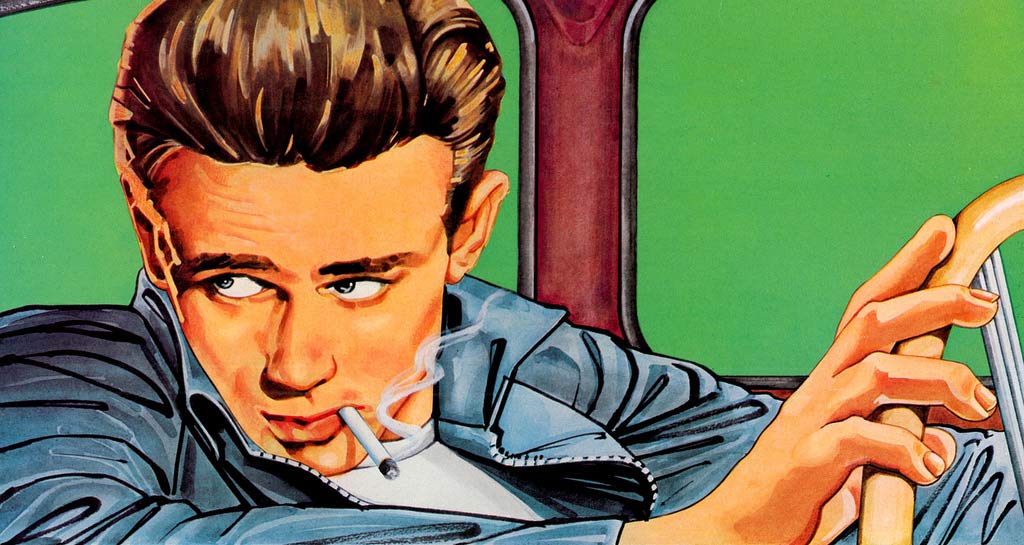
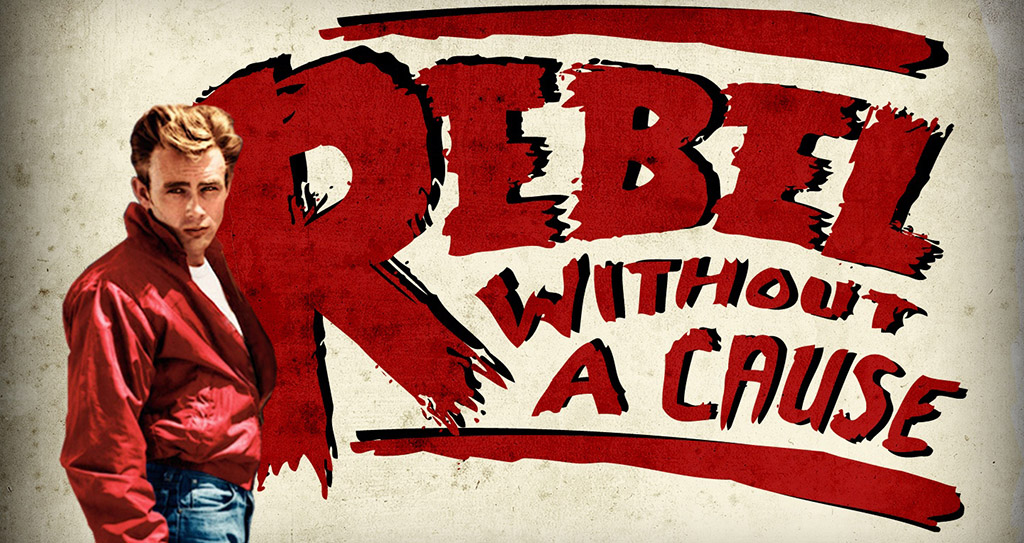
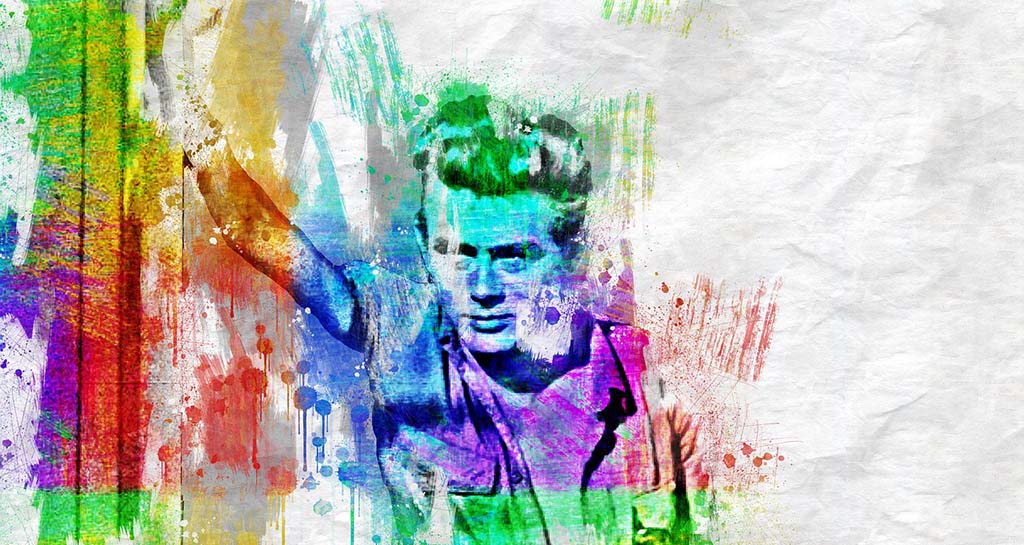
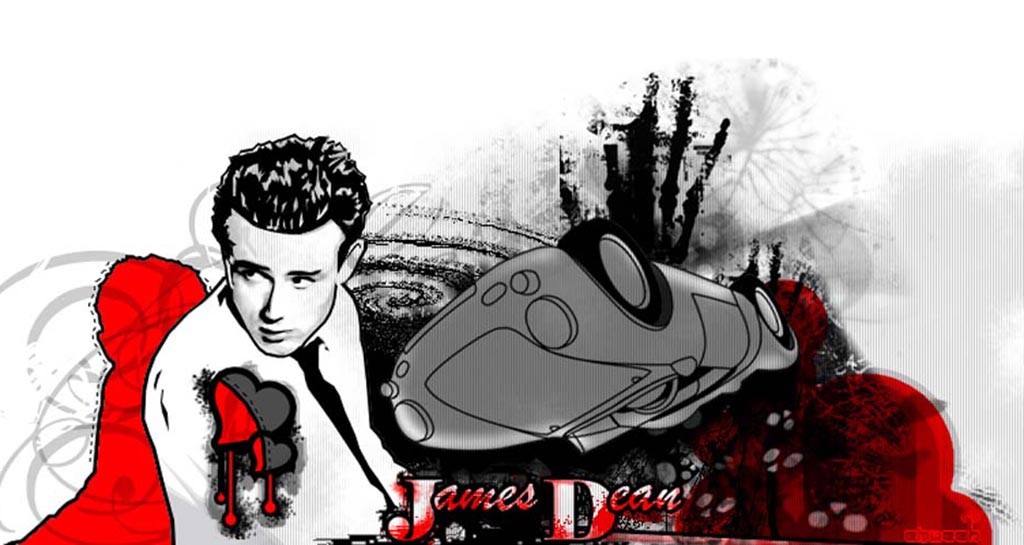
 Вход на сайт
Вход на сайт